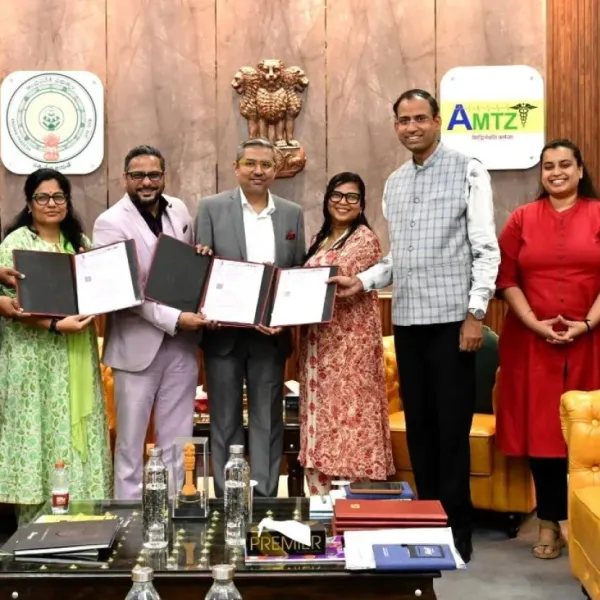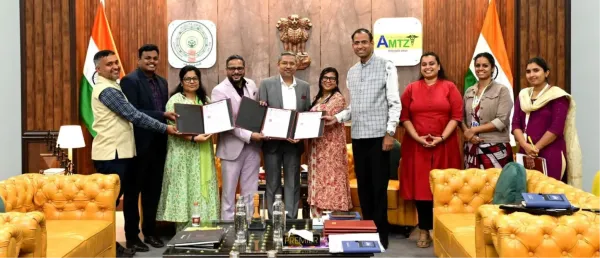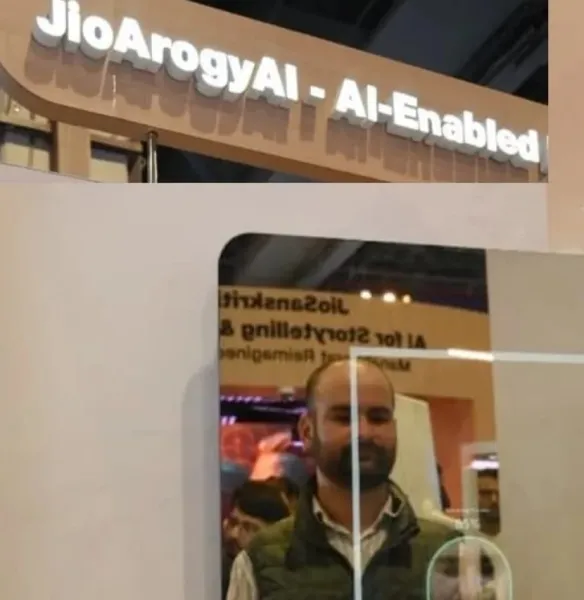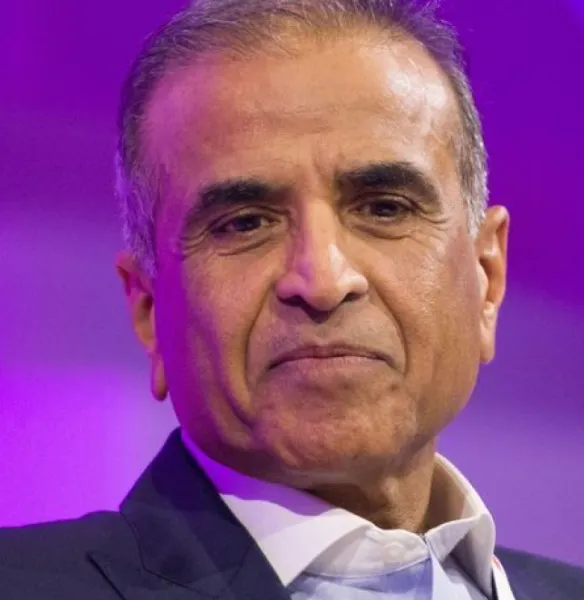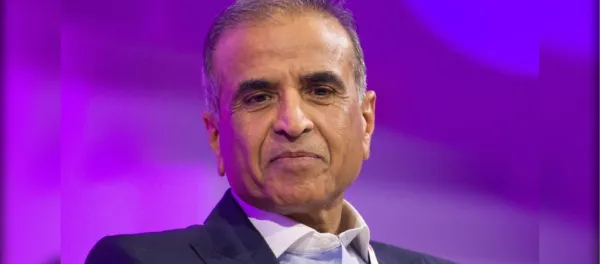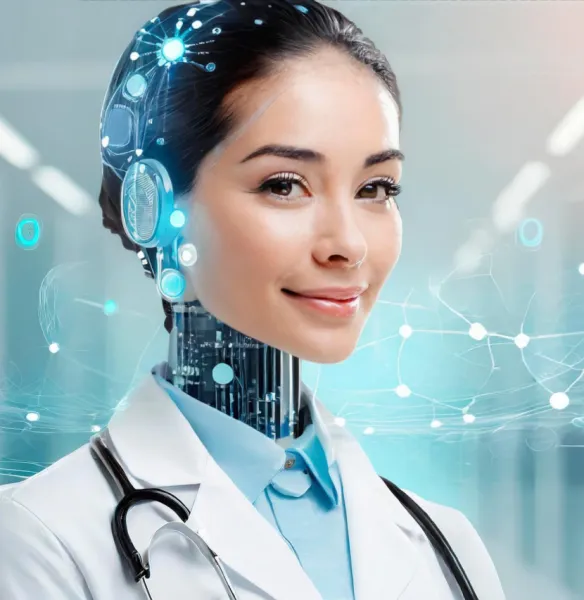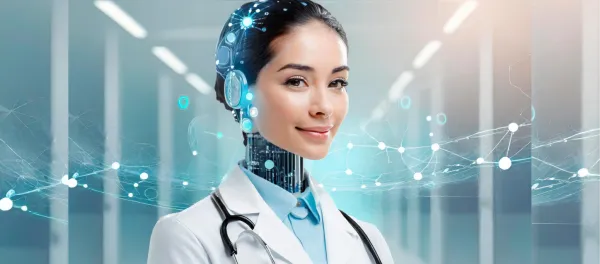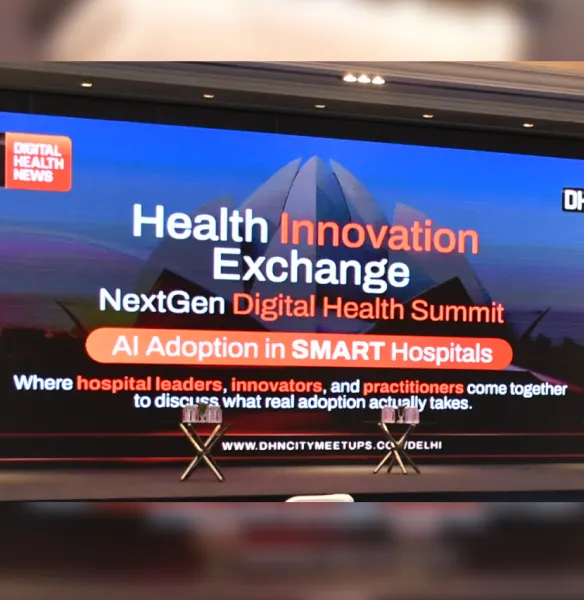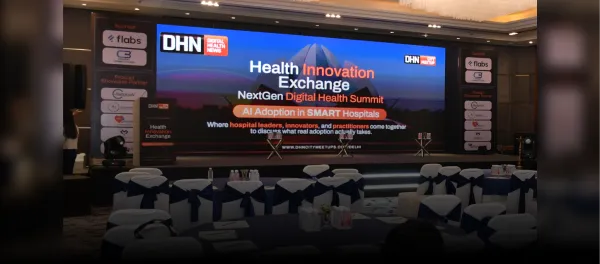Canada Researchers Used Radar Tech to Turn Cars into Health Monitors

The system utilizes the existing radar sensors in modern cars, which are primarily designed for collision avoidance and adaptive cruise control.
In a groundbreaking development, researchers at the University of Waterloo have harnessed radar technology to transform ordinary cars into health monitors.
This innovative approach leverages radar systems already embedded in vehicles, enabling continuous health tracking without the need for additional wearables or invasive devices.
The system utilizes the existing radar sensors in modern cars, which are primarily designed for collision avoidance and adaptive cruise control.
By analyzing the radar signals reflected off the driver and passengers, the technology extracts vital health information. Parameters such as heart rate, respiration rate, and even stress levels can be monitored without any physical contact.
Moreover, this monitoring occurs passively during routine drives, without requiring any active participation from the occupants. The data is processed in real-time, offering immediate insights into occupant’s well-being.
How Does it Work?
A team of researchers from the University of Waterloo has utilized radar technology to monitor individuals’ health while they are driving, effectively transforming a standard car or truck into a mobile health monitoring center.
The researchers combine radar technology with emerging vehicle advancements to simplify health monitoring.
With this development, the researchers aim to utilize individuals’ time in their cars to collect health data for precise evaluation and early intervention eliminating the need for wearable devices.
The compact radar, smaller than a USB thumb drive, is incorporated into the vehicle’s interior and emits signals that detect the vibrations produced by the human body, which are then reflected to the radar.
Further, an AI system is integrated into the radar processes which analyzes this data to create a medical profile and detect potential health issues. Upon completing their journey, drivers receive a report directly on their cell phones for examination.
The radar tech is specifically designed to push the limits of health monitoring and is capable of detecting subtle movements, such as the chest’s expansion and contraction during breathing or the pulsation of heartbeats.
According to the researchers, the challenge was in advancing the technology to recognize variations in breathing patterns or heart rhythms that could indicate potential health problems.
These include cardiovascular conditions such as tachycardia and bradycardia and respiratory issues including tachypnea, bradypnea, and apnea.
The system’s ability to accurately detect and interpret respiratory conditions was validated through a series of tests using synthetic data, where subjects simulated symptoms of respiratory conditions by holding their breath and taking shallow breaths.
Additionally, the system was successfully tested on individuals with heart conditions, accurately detecting and identifying these conditions.
With this innovation, the research team aims to enhance the radar technology’s capabilities to monitor all vehicle occupants’ overall health and well-being.
Moreover, they plan to develop the system further to run diagnostics and generate comprehensive medical reports that highlight any issues requiring attention and facilitate emergency communication in the event of an accident.
Stay tuned for more such updates on Digital Health News











